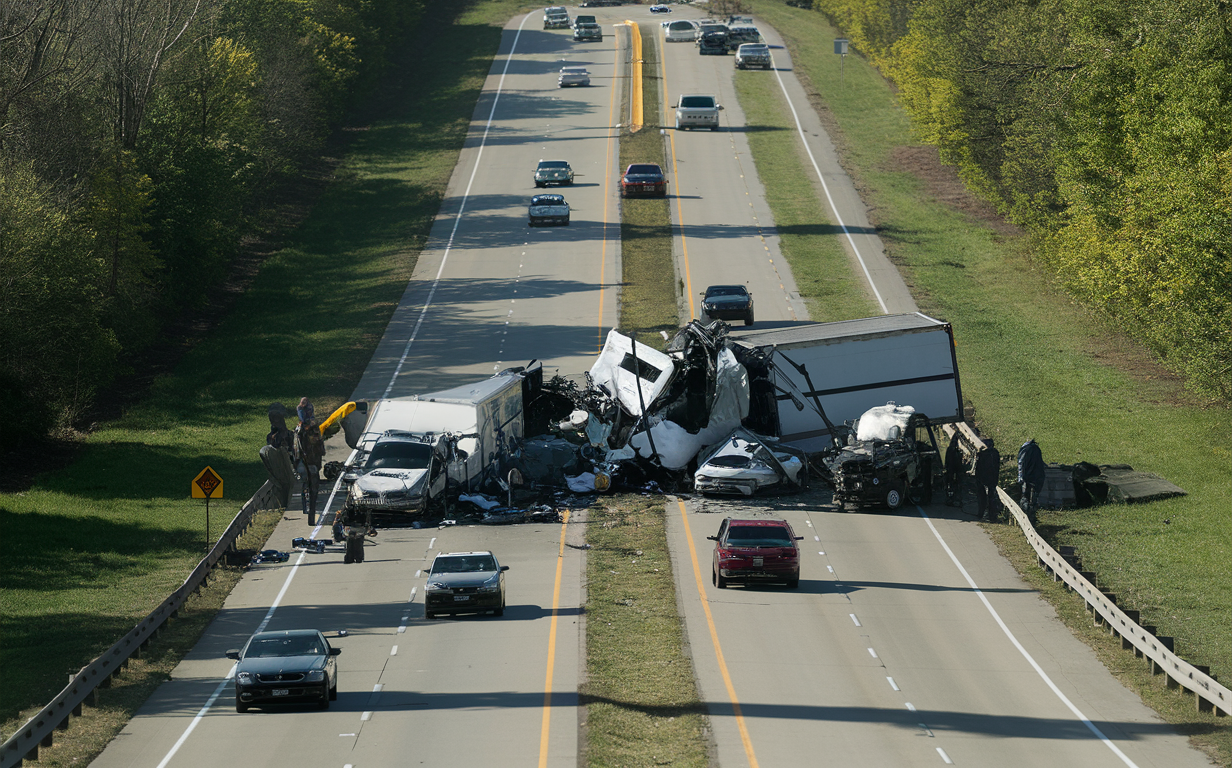
What Is a Child Entitled to When a Parent Dies Without a Will in Michigan?
Estate planning is something no one wants to talk about, but it is a vital part of protecting your family. Although it can be hard to confront what happens after we pass away, having an estate plan in place is the best way to ensure that your loved ones, especially children, are cared for according to your wishes.
What happens when a parent dies without a will in Michigan? It means the court decides what happens to your estate, not you. At Mihelich & Kavanaugh, PLC, our Macomb County estate planning attorneys want to help you understand Michigan’s intestacy laws. These laws dictate what a child is entitled to when a parent dies without a will.
What Happens When a Parent Dies Without a Will in Michigan?
An estate plan gives you the power to dictate what happens to your estate after your passing. A will is one piece of that plan that outlines your wishes and outlines how you want your estate distributed and to whom. If an individual dies without a will, their estate passes to the next of kin via “intestate succession.”
Intestate succession rules govern how property passes to an individual’s next of kin. These regulations dictate how an estate passes to family members when someone fails to outline their wishes before death. In general, an individual’s estate can pass to, in part and in order:
- Surviving spouse
- Surviving children
- Grandchild
- Parents
- Other descendants of the parents
How the estate gets divided between family members can get complicated.
What Is a Child Entitled to Following a Parent’s Death?
Under Michigan’s intestate succession rules, children can inherit a portion of a parent’s estate. However, depending on family dynamics, determining what a child is entitled to receive can get complex.
First, the Michigan Probate Court must ensure that the children of the deceased are legally allowed to claim a portion of their parent’s estate. For the court to consider a child legally entitled to a portion of a deceased individual’s estate, children must be biologically related to the deceased, or the children must be legally adopted before the adoptive parent’s death. Foster children and stepchildren who were never legally adopted do not automatically receive a portion of the estate. Children born outside of marriage may potentially receive a portion of an individual’s estate if that individual married the child’s mother after birth, the individual and the child’s mother signed an acknowledgment of paternity, the individual or the mother corrected the child’s birth certificate, or the court determined paternity under Michigan law.
Next, under intestate succession, how the estate gets divided depends on who the deceased leaves behind. If someone dies with surviving children but no spouse, the children inherit the estate. However, things get more complicated if the deceased leaves behind a spouse and children. The surviving spouse is typically entitled to the first $150,000 of the deceased’s interstate property plus ½ of the balance. The remaining balance passes to the deceased’s children.
Contact an Experienced Lawyer Today for Help
Planning for the future is challenging, but do you want the state of Michigan to decide what’s best for your family? Discuss your wishes with an experienced Macomb County estate planning attorney with Mihelich & Kavanaugh, PLC. Our estate planning lawyers can help you address your wishes and your family’s needs, securing their future and offering you peace of mind.
Contact our Eastpointe office today at 586-776-1700, our Clinton Township office at 586-465-3701, or our Shelby Township office at 586-884-6562. Wherever you are in Macomb County, we can help you protect your estate and your loved ones with solid estate planning advice.







